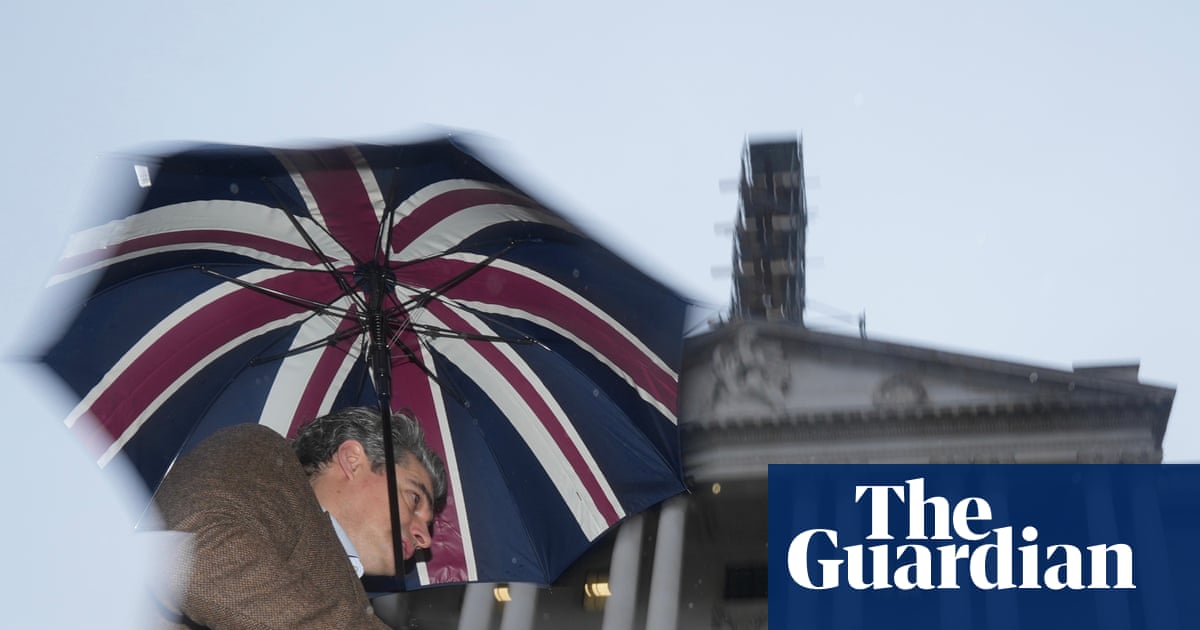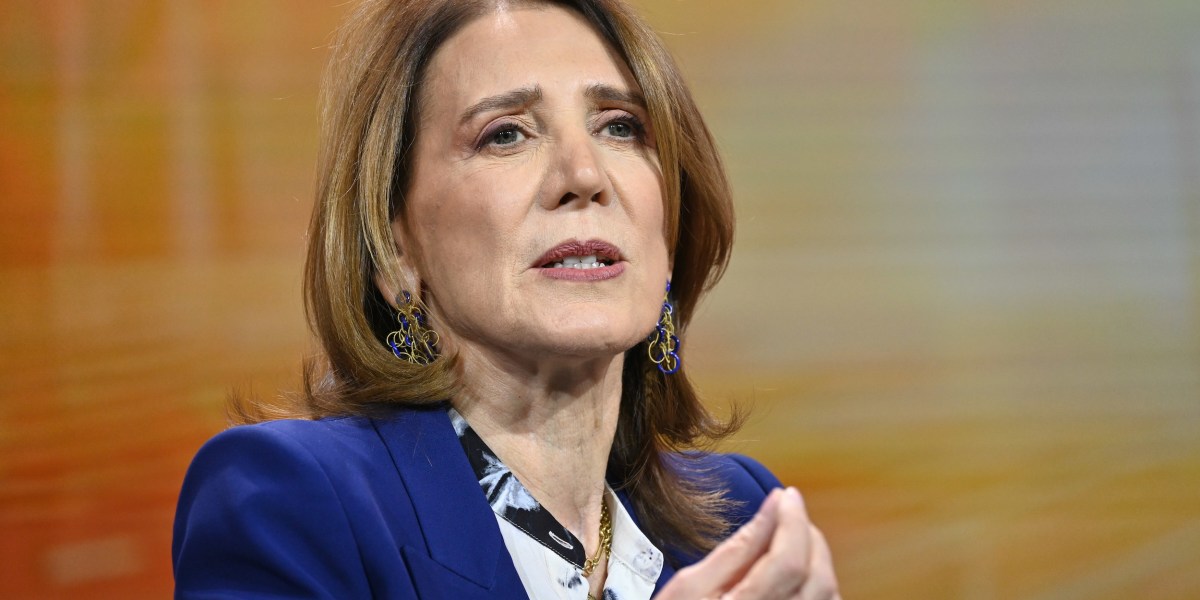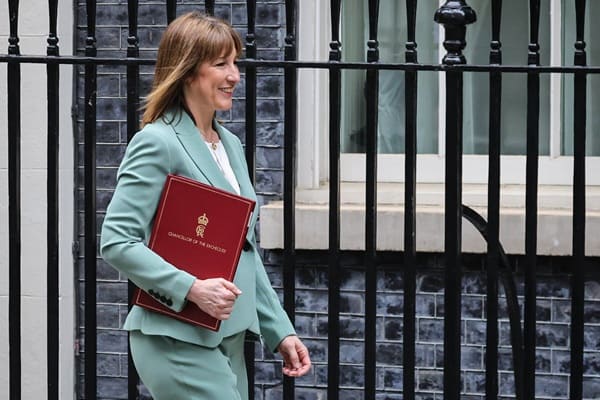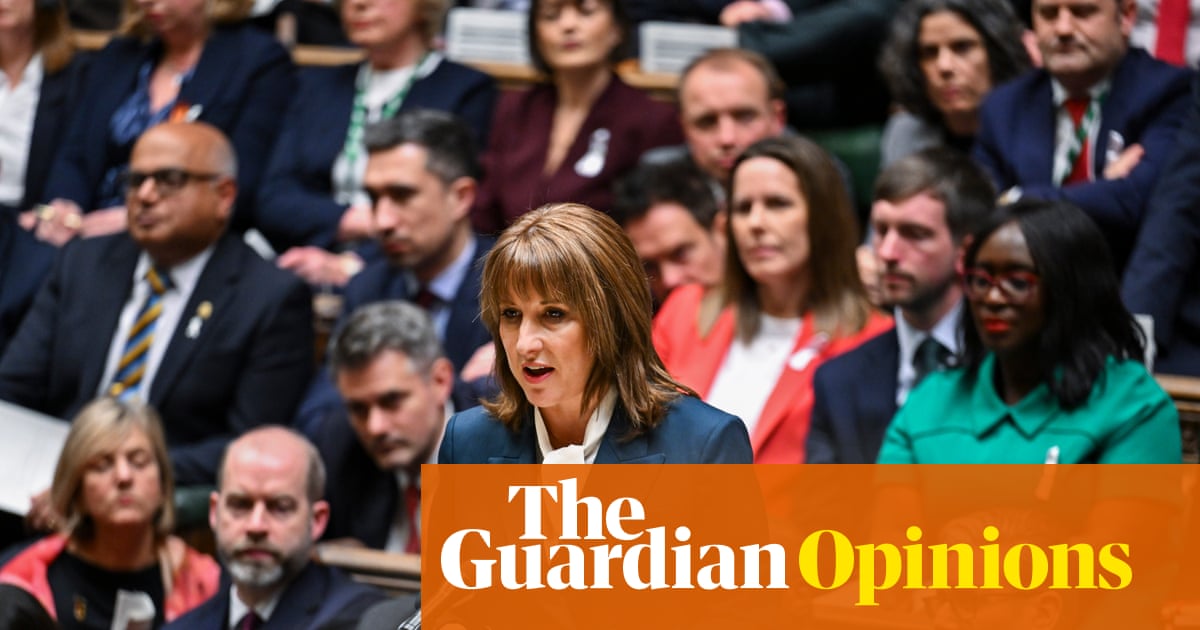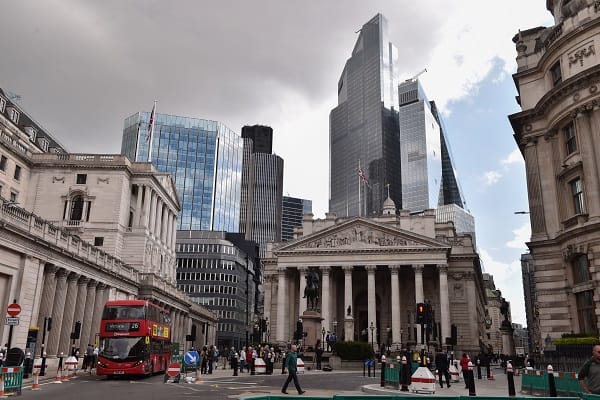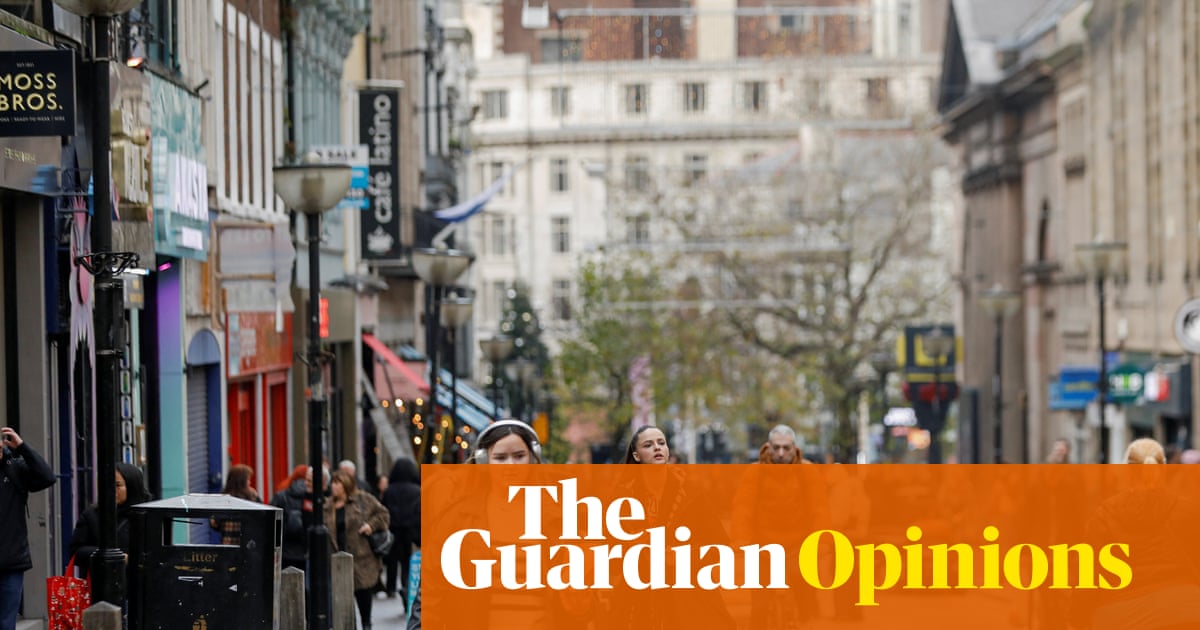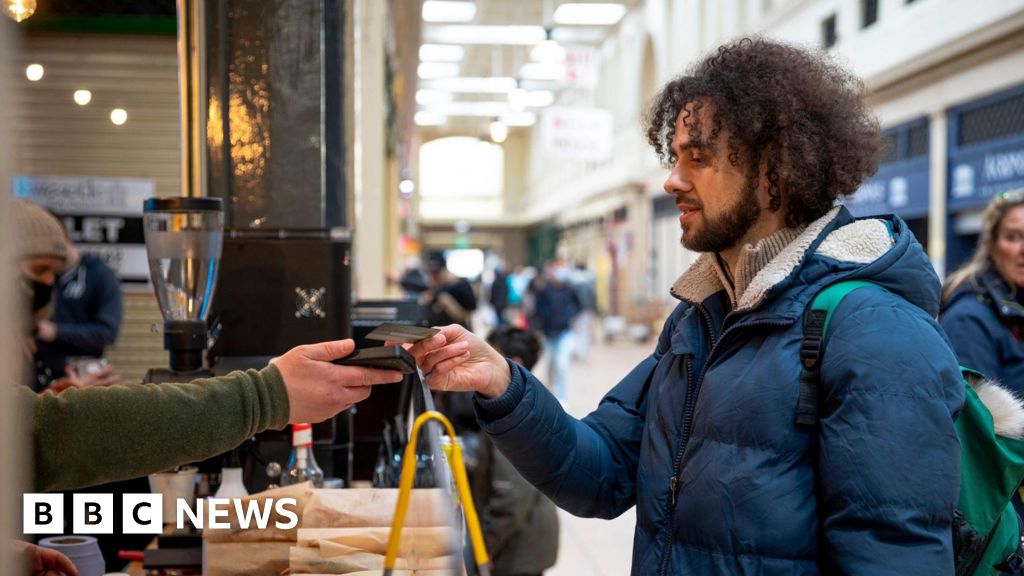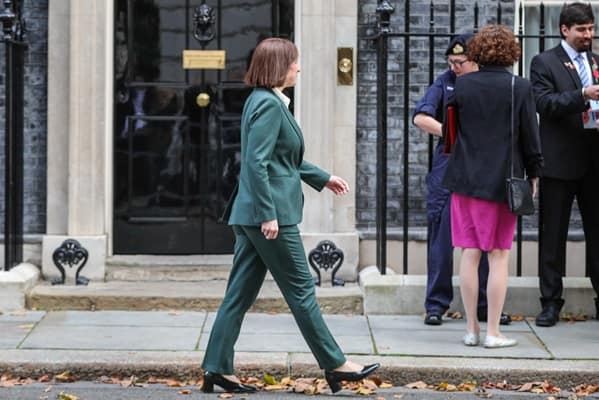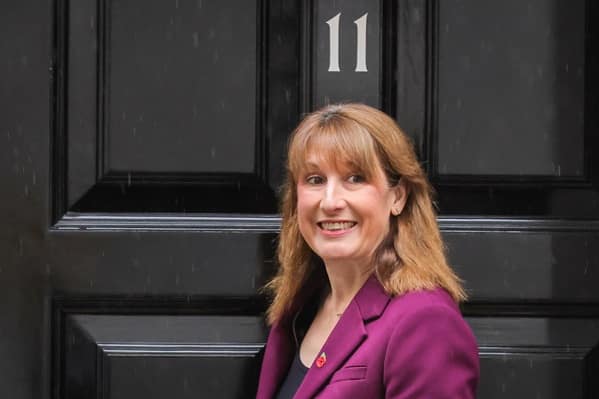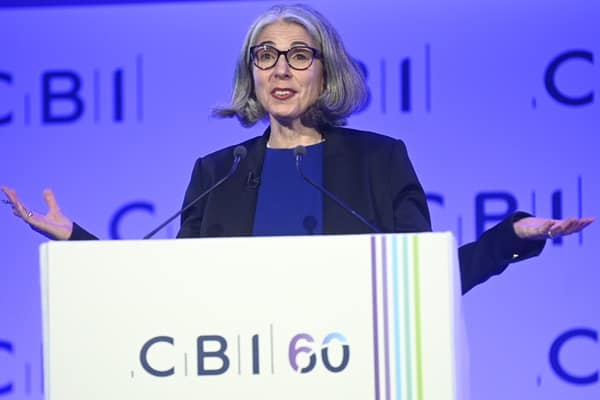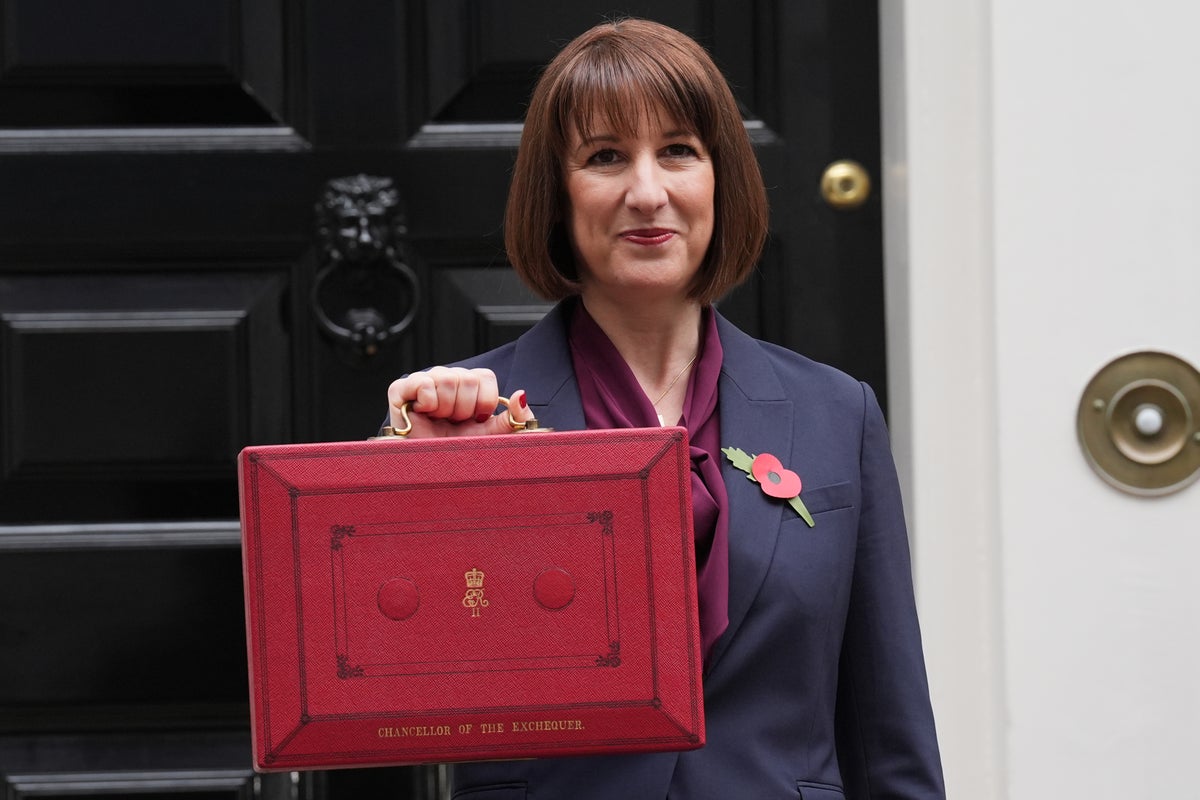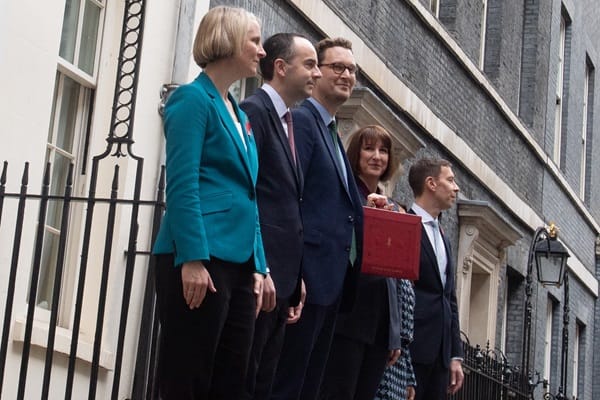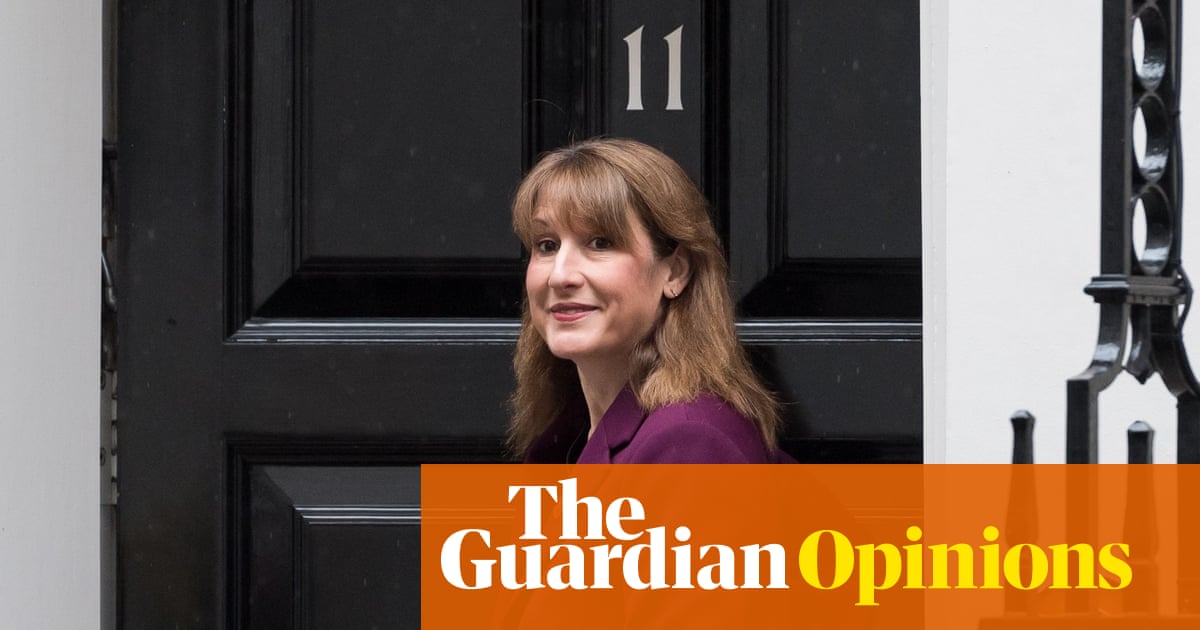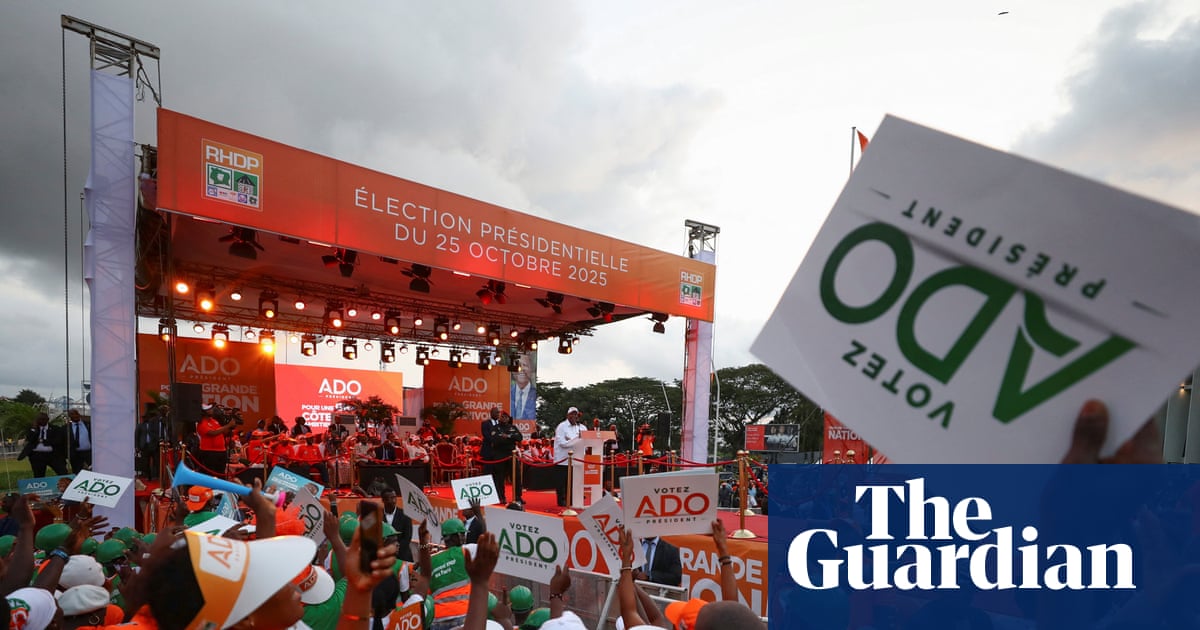#economic-growth
#economic-growth
[ follow ]
#tax-policy #inflation #interest-rates #uk-budget #tariffs #fiscal-policy #labor-market #productivity #budget
fromFortune
1 month agoTrump's own Big Beautiful Bill could add $5.5 trillion to the deficit and sabotage his plan to 'grow out' of the national debt crisis | Fortune
"The big thing is growth," responded the POTUS. "Growth is the way we go from high debt to low debt. We're going to be growing our way out, and I think we're going to be paying down debt." Trump's frequently stated that his manifesto that champions sweeping deregulation and domestic manufacturing, alongside the rapid rise of AI-Trump trumpets that he personally orchestrated the technology's single biggest initiative, the $500 billion, multi-partner Stargate data center project-will unleash a productivity revolution igniting a historic surge in productivity.
US politics
fromwww.independent.co.uk
1 month agoMapped: Where living standards are growing the fastest in the UK
From reproductive rights to climate change to Big Tech, The Independent is on the ground when the story is developing. Whether it's investigating the financials of Elon Musk's pro-Trump PAC or producing our latest documentary, 'The A Word', which shines a light on the American women fighting for reproductive rights, we know how important it is to parse out the facts from the messaging.
UK news
UK politics
fromLondon Business News | Londonlovesbusiness.com
1 month agoSupporting scale ups can boost the UK's growth prospects and lower tax bills - London Business News | Londonlovesbusiness.com
The Chancellor should reverse the planned cut to Venture Capital Trust income tax relief to preserve funding for high-growth UK startups and scale-ups.
fromwww.aljazeera.com
1 month agoThe US economy seems strong after a year of Trump, but is it really?
Since taking office, Trump has imposed a range of tariffs on countries, including key trading partners, leading to predictions of inflation skyrocketing, manufacturing screeching to a halt and unemployment soaring. None of those scenarios came true. Inflation, while above the Federal Reserve's target, was a modest 2.7 percent in December. The unemployment rate was relatively low, at 4.4 percent, last month.
US politics
Business
fromFortune
1 month agoThe 4.9% mystery: U.S. economy sees productivity surge, but drivers remain an 'open question,' top economist says | Fortune
U.S. productivity surged to a 4.9% annualized rate in Q3, boosting output amid weak hiring and prompting debate over cyclical versus structural causes.
fromFortune
1 month agoThe Nobel Prize winners have a lesson for us all | Fortune
Three economists jointly won a Nobel Prize in late 2025 for their groundbreaking quantitative work analyzing how, and why, economies grow. Their math is complicated - but their conclusion is simple: to foster economic expansion, policymakers need to promote technological innovation and stoke competition between rival firms. The surest way to foster that innovation and competition is to strengthen intellectual property rights.
Intellectual property law
fromwww.independent.co.uk
2 months agoPrime Minister Starmer doesn't shy away from high cost of living in Christmas message
Whether it's investigating the financials of Elon Musk's pro-Trump PAC or producing our latest documentary, 'The A Word', which shines a light on the American women fighting for reproductive rights, we know how important it is to parse out the facts from the messaging. At such a critical moment in US history, we need reporters on the ground. Your donation allows us to keep sending journalists to speak to both sides of the story.
UK politics
fromwww.independent.co.uk
2 months agoUK unemployment rate rises in latest ONS data - latest
It reflects what businesses tell us they are less confident about hiring staff due to sky-high employment costs and a tidal wave of new employment legislation coming down the track. While there has been some easing of cost pressures - with average earnings including bonuses slowing to 4.7 per cent in the three months to October - labour costs remain a challenge.
UK politics
Europe politics
fromFortune
2 months agoIn a continent cracking down on immigration and berated by Trump's warnings of 'civilizational erasure,' Spain embraces migrants | Fortune
Pro-immigration policy and migrant integration have helped strengthen Spain's economy and workforce, enabling faster EU growth despite rising European anti-immigrant sentiment.
Food & drink
fromFortune
2 months agoGen Z is drinking 20% less than Millennials. Productivity is rising. Coincidence? Not quite | Fortune
Moderate, responsible alcohol consumption correlates with higher productivity, resilient economic growth, and industry value shifts toward premium and no-alcohol segments.
fromwww.theguardian.com
2 months agoEconomic growth no longer linked to carbon emissions in most of the world, study finds
The once-rigid link between economic growth and carbon emissions is breaking across the vast majority of the world, according to a study released ahead of Friday's 10th anniversary of the Paris climate agreement. The analysis, which underscores the effectiveness of strong government climate policies, shows this decoupling trend has accelerated since 2015 and is becoming particularly pronounced among major emitters in the global south. Countries representing 92% of the global economy have now decoupled consumption-based carbon emissions and GDP expansion, according to the report by the Energy and Climate Intelligence Unit (ECIU).
Environment
US politics
fromFortune
2 months agoNvidia CEO Jensen Huang says people need to find success in traditional factory jobs again: 'Every successful person doesn't need to have a PhD' | Fortune
Re-industrializing the United States and expanding manufacturing is essential for economic growth, energy and job creation, and supporting AI and chip production.
fromwww.theguardian.com
2 months agoThe only idea around': will Labour return to a customs union with the EU?
Nick Thomas Symonds, the minister in charge of EU negotiations, was promoted to full cabinet rank. The Welshman, a close ally of Starmer, will be an advocate of a closer relationship with the EU when ministers meet. But, a source close to the prime minister said, he isn't going to bang the cabinet table and say it's customs union or bust. If that happens, it has to come from Keir himself.
UK politics
fromenglish.elpais.com
2 months agoMexico's Sheinbaum relies on the power and influence of business leaders to boost investment
A large part of the Cabinet sat down at the table with the presidents of banking groups, energy companies, steel companies, and major service firms. Sheinbaum posted a photo of the meeting on social media, which also included the president of the Business Coordinating Council (CCE), Francisco Cervantes, as well as the president of Grupo Televisa, Bernardo Gomez; the president of Grupo Bal, Alejandro Bailleres Gual; the president of Grupo FEMSA, Jose Antonio Fernandez Garza; and the son and right-hand man of the president of Banamex, Felipe Chico Hernandez.
World news
UK politics
fromLondon Business News | Londonlovesbusiness.com
2 months agoOECD warns Reeves 'unemployment is set to rise' amid Budget policies - London Business News | Londonlovesbusiness.com
Labour policies, including higher employer national insurance and minimum wage increases, are forecast by the OECD to raise unemployment and keep inflation above target.
fromLondon Business News | Londonlovesbusiness.com
2 months agoEurozone inflation edges up but won't worry the ECB - London Business News | Londonlovesbusiness.com
Eurozone inflation edged up to 2.2% in November, a slight rise from the 2.1% recorded in October. The headline number continues to hover close to the European Central Bank's 2% target, but the underlying picture remains uneven. For the wider eurozone economy, today's data suggests that the disinflation trend is intact but still fragile. Growth across the bloc remains modest, with forecasts for next year centred near 1.2%.
Miscellaneous
fromLondon Business News | Londonlovesbusiness.com
2 months agoTaxes soar again as growth takes policy backseat - London Business News | Londonlovesbusiness.com
After 14 years out of office, last year's Autumn Budget was largely met with an understanding that tax rises were necessary. Labour had been dealt a poor hand by its predecessors, with borrowing elevated and debt rising. The Chancellor, Rachel Reeves, announced tax rises to steady the ship and expressed hope that such an action would be a one-off. Yet, one year later, the Chancellor has reneged, announcing a further package of £26 billion worth of tax hikes.
UK politics
fromwww.independent.co.uk
3 months agoBusiness backlash as Reeves confirms pay rise for millions of workers
Whether it's investigating the financials of Elon Musk's pro-Trump PAC or producing our latest documentary, 'The A Word', which shines a light on the American women fighting for reproductive rights, we know how important it is to parse out the facts from the messaging. At such a critical moment in US history, we need reporters on the ground. Your donation allows us to keep sending journalists to speak to both sides of the story.
UK politics
fromBusiness Matters
3 months agoReeves warned 'damaging' workers' rights bill risks stalling growth
She will argue that eight in ten firms believe the legislation, in its current form, will make hiring harder, acting as a brake on economic growth. "Lasting reform takes partnership, not a closed door," she will say. "When eight in ten firms say this bill will make it harder to hire, they are brakes on growth. The government must change course and ask business and unions to forge consensus through compromise."
UK politics
fromwww.bbc.com
3 months agoMinister denies Budget leaks have damaged economy
Former Bank of England chief economist Andy Haldane told the BBC's Sunday with Laura Kuenssberg programme this was "the single biggest reason why [economic] growth has flatlined". In response, Alexander said there was always speculation in the run-up to Budgets but the chancellor had been clear about her priorities. Chancellor Rachel Reeves is widely expected to increase taxes in her Budget on Wednesday to help fill a multibillion-pound gap in her spending plans.
UK politics
History
fromwww.theguardian.com
3 months agoI grew up in Spain amid a collective amnesia about Franco. It is time we faced up to our dark past | Maria Ramirez
Spain transformed from Franco's dictatorship into a prosperous, open democracy over fifty years, achieving substantial economic growth and progressive social reforms.
Artificial intelligence
fromFuturism
3 months agoAI Companies Are Treating Their Workers Like Human Garbage, Which May Be a Sign of Things to Come for the Rest of Us
Tech firms drive most recent GDP growth while simultaneously cutting corporate staff and shifting AI contracts, causing mass layoffs and reduced pay for contractors.
fromwww.theguardian.com
3 months agoNigel Farage is today's Enoch Powell and his appeal down to slow economy, says minister
The truth is that without securing higher, sustained economic growth, reconnecting people and politics, generating trust in the potential of democracy and importance of good government becomes almost impossible. And the appeal of the parties of the far right with their dogma of disruption, division and despair it becomes, too, alluring. Kyle added: We see it today with Reform, just as we did in previous times with the National Front and the British National party.
UK politics
fromFortune
3 months agoInvestors are still whistling past the graveyard amid Nvidia selloffs and a dragging government shutdown | Fortune
The S&P 500 rose 0.2% early Wednesday and neared the all-time high it set a couple weeks ago. The Dow Jones Industrial Average added 127 points after setting its own record the day before, while the Nasdaq composite climbed 0.3%. Technology stocks swung back upward. Advanced Micro Devices rallied after its CEO said the chip company is expecting better than 35% annual compounded growth in revenue over the next three to five years. Nvidia, the dominant player in chips used for artificial-intelligence technology, also rose.
Business
from24/7 Wall St.
3 months agoIs the AI Buildout Propping Up U.S. GDP?
What's lifting growth now isn't consumer demand: it's infrastructure. From data centers and chip foundries to electric utilities and fiber cabling, billions are being poured into the AI ecosystem. Companies like Nvidia (NASDAQ: NVDA) are selling record volumes of GPUs, while utilities expand capacity to power the next wave of computing. That spending circulates across the economy: construction, logistics, real estate, and materials, creating a multiplier effect reminiscent of the early internet years.
Business
fromBusiness Matters
3 months agoReeves' tax plans could drive one in eight UK businesses overseas
One in eight UK small and medium-sized enterprise (SME) leaders are planning to relocate themselves, their companies, or both overseas, citing rising taxes and mounting regulatory costs, according to a new report by Rathbones. The research, released just weeks before Chancellor Rachel Reeves delivers her Autumn Budget, paints a bleak picture of business confidence across the UK's private sector. If realised, the potential exodus could involve around 680,000 firms out of the UK's 5.67 million SMEs
UK news
Canada news
fromwww.cbc.ca
3 months agoLiberals to table 'big, bold' federal budget Tuesday as Carney looks to put his stamp on government | CBC News
The new Liberal government will present a pro-growth budget focused on generational investments and regulatory relief to spur investment, energy development, and resilience amid tariff shocks.
fromwww.cbc.ca
3 months agoWhat lower interest rates mean for you | CBC News
Interest is what consumers or institutions pay to borrow money. It's also what a bank might pay a client for leaving money in their account. When you take out a loan, "you'll be given the cash and you will need to repay a little bit of that loan over time, said Andrew DiCapua, principal economist at the Canadian Chamber of Commerce in Ottawa. "Some of what that repayment includes is interest."
Canada news
Science
fromwww.nature.com
4 months agoThese Economists Just Won an Economics Nobel for Showing How Science Fuels Growth
Technological and scientific innovation, combined with market competition, drive long-term economic growth; useful scientific knowledge and market-driven innovation explain modern growth.
[ Load more ]

